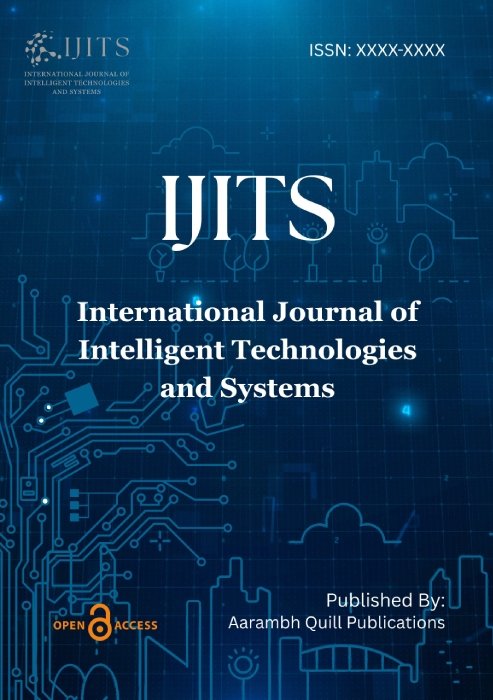Lightweight Deep CNN Model for Lung Cancer Prediction and Benign-Malignant Nodule Discrimination

| © 2025 by IJITS Journal |
| Volume-1 Issue-1 |
| Year of Publication : 2025 |
| Author : 1 Gaganpreet Kaur*, 2 Prabavathy S, 3 Subalakshmi N |
| DOI : https://doi.org/10.64909/IJITS.2025.1104 |
Abstract
Timely identification of tumors is essential for reducing cancer-related deaths and improving therapeutic outcomes, particularly in the case of lung cancer, which continues to be a major global health concern. Conventional image-based diagnostic approaches are often limited by errors in distinguishing benign from malignant nodules, inconsistencies among radiologists, and difficulties in processing large-scale medical datasets. To overcome these challenges, this study introduces a Deep Convolutional Neural Network (DCNN) framework designed for automated tumor detection and classification, with emphasis on lung cancer screening and recognition of non-malignant nodules. The approach incorporates preprocessing of CT images through denoising, intensity normalization, and augmentation, followed by hierarchical DCNN feature extraction and classification to separate benign from malignant growths. The primary goal is to improve diagnostic precision, minimize false alarms, and provide an effective decision-support mechanism for clinicians. Experimental analysis indicates that the proposed DCNN achieves higher performance than traditional machine learning and baseline deep models, yielding significant gains in accuracy, precision, sensitivity, and F1-score. These findings demonstrate the promise of deep learning for delivering robust, efficient, and accurate lung cancer detection in real-world clinical settings.


